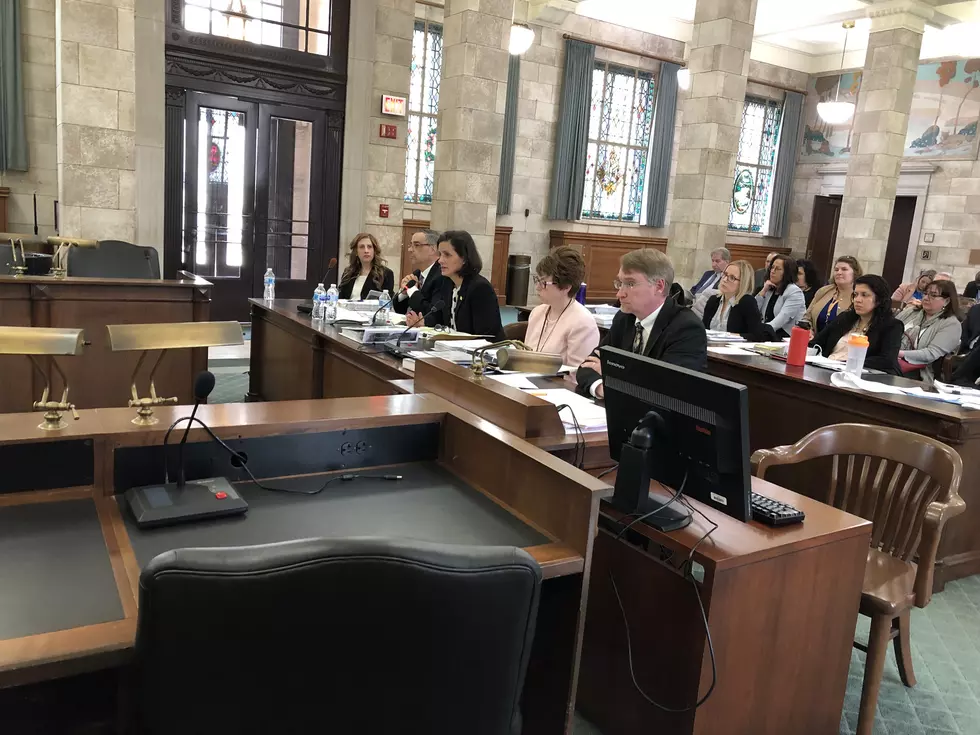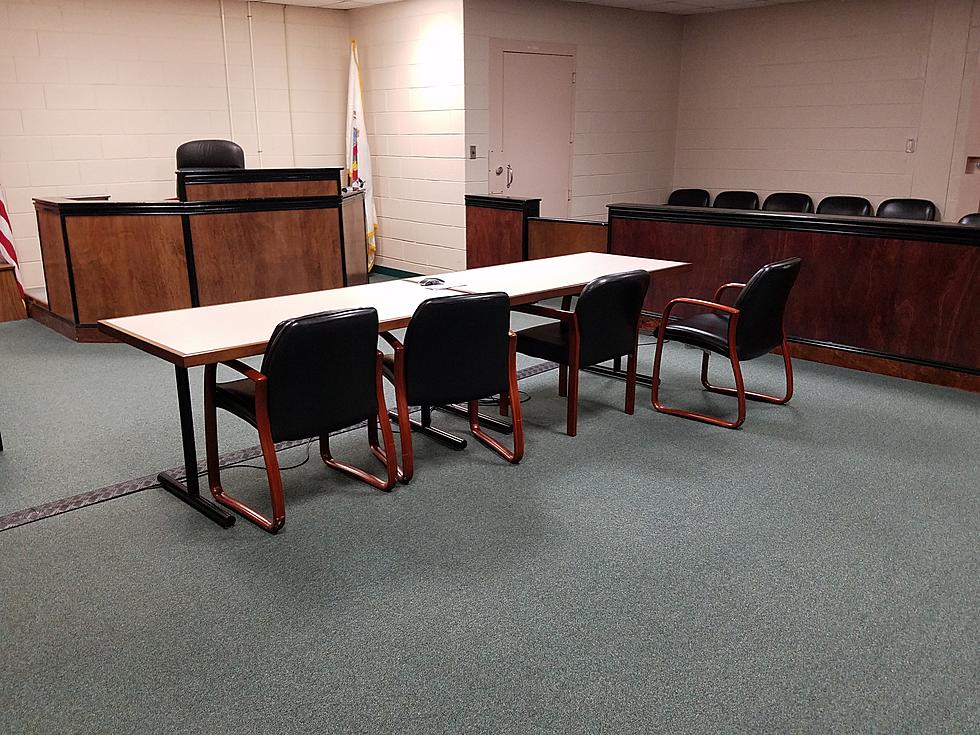
NJ hoping for ‘April surprise’ of near-record $3B income tax payments
TRENTON — State officials are counting on a robust but not unprecedented $3 billion in income tax collections this month, which would exceed what the tax generated in an entire year as recently as 1990.
Each year’s state budget carries the prospect of what’s called an “April surprise” at the Statehouse – larger or smaller than expected income tax payments at the April 15 deadline, which if short of target could cause difficult choices to balance a budget in the fiscal year’s final six weeks.
This year’s April performance is even more crucial than usual after income tax collections in December and January totaled $750 million less than the same period a year earlier.
The Department of the Treasury and Office of Legislative Services think there’s a logical explanation: With the new $10,000 cap on how much in state and local taxes can be deducted from federal taxes, taxpayers no longer have an incentive to make estimated payments early to claim a tax break.
“We should see those in final payments in April because, again, the money just doesn’t disappear when there’s nothing to cause it to,” said Jordan DiGiovanni, a revenue analyst for the OLS, who said there are no economic indicators that income is actually down.
“We’re hoping that the dip that we saw this December is really just a delay,” said David Drescher, chief of the OLS finance section.
December estimated payments usually range from $200 million to $300 million, DiGiovanni said. They spiked to $712 million in 2017, as taxpayers raced to maximize their soon-to-be-capped SALT deduction and hedge-fund managers repatriated overseas income. They then plunged to $109 million in 2018.
Budget analysts believe the delayed estimated payments will show up in the form of larger final payments this month. Final payments that usually total $1.7 billion to $1.9 billion are forecast to reach nearly $2.4 billion, due also to the increase in the tax rate on income over $5 million.
Combined with regular withholdings, total income-tax collections could top $3 billion, which has only happened once before – in April 2008, when $3.16 billion was paid.
“We always like to talk about the April surprise, but this year, we could be in for one heck of a surprise,” said state Sen. Paul Sarlo, D-Bergen, the Senate budget committee chairman.
“The April surprise, to the extent that we’re expecting it, if we get $3 billion it won’t be a surprise,” said Martin Poethke, director of the state Office of Revenue and Economic Analysis.
Sarlo questioned the wisdom of raising taxes on income over $1 million, as Murphy has proposed to raise a projected $447 million. Sarlo indicated the Legislature will seek additional savings from health-care changes for public workers, an idea state Treasurer Elizabeth Maher Muoio didn’t embrace, although she promised to listen.
“The gross income tax sometimes is very volatile at the very high end because of Wall Street,” Sarlo said. “If we go into a potential recession, is the millionaires tax really a sustainable revenue if you were to hit a slight or moderate recession?”
“This budget struck a balance, we believe, of both savings and sustainable revenues,” Muoio said. “Savings alone are not going to get us where we need to be over the coming years. We have increased pension payments, we have increased education funding payments, just to name a couple.”
Nonpartisan budget analysts are slightly less optimistic about revenue collections than the Murphy administration – by $109 million in the current fiscal year and $183 million in the upcoming year.
Sarlo shrugged off the difference in the forecast: “Four-tenths percent of total state revenues is negligible in my opinion.”
Drescher didn’t disagree: “Over the two years, we are about $292 million short of them, on a $38 billion budget. It’s not a ton of money.”
However, it’s a budget with a relatively small cushion to rely on if the economy sputters.
Even though the budget projects a year-end surplus in June 2020 of $1.2 billion – at 3.1 percent of revenues, the state’s largest in 12 years – that’s about one-third of the national average. The $292 million difference in revenue outlooks amounts to about 25 percent of the surplus.
“A billion dollars is not going to protect us from a recession,” said Sarlo, which said most people anticipate a slight recession “in the near future.”
“Well, it sort of depends on the severity of the recession,” said Frank Haines, the Office of Legislative Services’ budget and finance officer, who noted the revenue forecast doesn’t anticipate a recession through June 2020.
Lawmakers in both parties said they endorsed the larger surplus called for by Murphy and Muoio.
“The focus on the increase of surplus is exactly where our focus should be, and I’m glad you’re continuing to pound away at that. It is absolutely vital,” said state Sen. Declan O’Scanlon, R-Monmouth. “If we have another recession even half the depth that we went through back in 2009, we’d be in a real tough position. Depending on when it happened in the fiscal year, it could be a crisis.”
More From WOBM:
More From Beach Radio










